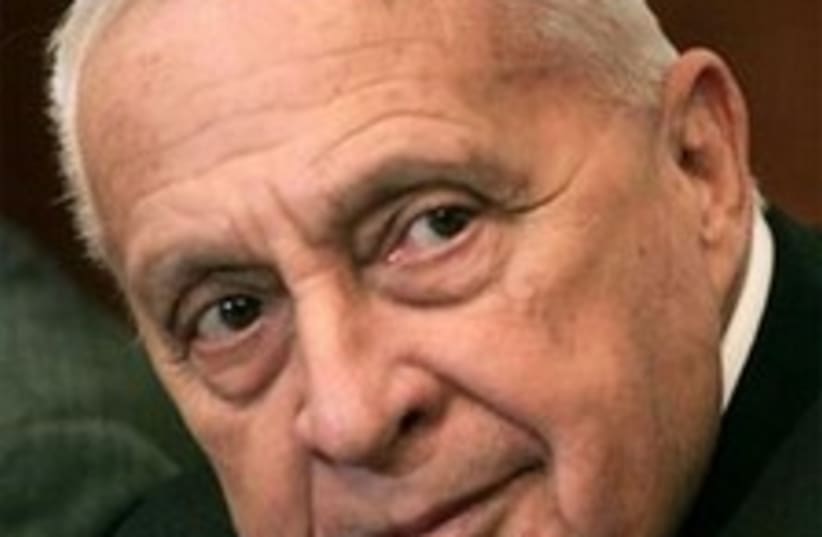| More about: | Ehud Olmert, Condoleezza Rice, Vladimir Putin, Ariel Sharon |
Restraint and maturity
The political jockeying has proceeded with surprising restraint and orderliness.


| More about: | Ehud Olmert, Condoleezza Rice, Vladimir Putin, Ariel Sharon |